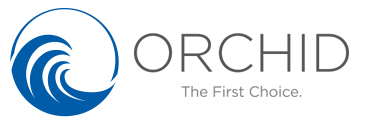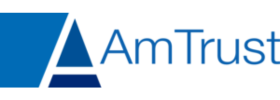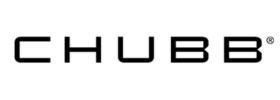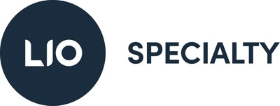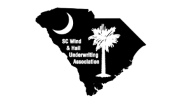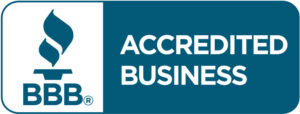Business Owner Policy
What is a Business Owners Policy (BOP)?
A BOP is a bundled insurance package designed to meet the unique needs and risks of small to medium-sized businesses. By combining various types of insurance coverage into one policy, business owners can enjoy the convenience and cost savings that come with streamlined insurance management. BOPs typically include property insurance, general liability insurance, and business interruption insurance, which together provide broad protection for your business.
Property insurance covers damage to your business property, such as your building and its contents, while general liability insurance protects you from claims arising from bodily injury, property damage, or personal and advertising injury. Business interruption insurance helps cover lost income and additional expenses that may arise if your business is forced to temporarily close due to a covered event, such as a fire or natural disaster.
Business Owners Policy vs General Liability Insurance
While general liability insurance is an essential component of a BOP, it’s important to understand the differences between the two. General liability insurance provides coverage for claims resulting from third-party injuries or property damage caused by your business operations. It’s a critical aspect of any business insurance plan, but it doesn’t cover all potential risks your business may face.
A BOP, on the other hand, is a more comprehensive solution that includes general liability insurance as well as additional coverage for property damage, business interruption, and other potential risks. By bundling these coverages together, a BOP offers a more complete and cost-effective solution to protecting your business.
Key Components of a Business Owner Insurance Policy
A business owner insurance policy is designed to provide comprehensive protection for your business, but the specific coverage included can vary depending on your unique needs and the insurance provider you choose. Some common components of a BOP include:
Property Insurance
Property insurance covers damage to your physical business property, such as your building, equipment, inventory, and furniture. This coverage can protect you from financial losses resulting from events like fires, storms, theft, and vandalism.
General Liability Insurance
General liability insurance provides coverage for claims arising from third-party bodily injury, property damage, and personal and advertising injury. This coverage can help protect your business from financial losses resulting from lawsuits, settlements, and judgments.
Business Interruption Insurance
Business interruption insurance, also known as business income insurance, helps cover lost income and additional expenses that may arise if your business is forced to temporarily close due to a covered event. This coverage can help you maintain your financial stability while your business is recovering from a disruption.
Determining the Right Coverage for Your Business
Every business is unique, and the right business owner insurance policy for your venture will depend on a variety of factors. When determining the appropriate coverage for your business, consider the following:
Risk Assessment:
Evaluate the potential risks your business may face, such as natural disasters, fires, theft, or liability claims. This will help you identify the types of coverage that are most important for your business.
Industry and Location:
Your industry and location can play a significant role in determining your insurance needs. For example, businesses in high-crime areas may need more robust theft coverage, while those in flood-prone regions may require additional flood insurance.
Business Size:
The size of your business can also impact the amount and types of coverage you need. Smaller businesses may require less coverage than larger enterprises, but it’s important to carefully assess your specific needs to ensure you’re adequately protected.
Legal Requirements:
Some states and industries have specific insurance requirements for businesses, so be sure to research any legal requirements that may apply to your venture.
BOP vs Commercial Package Policy (CPP)
A Commercial Package Policy, or CPP, is another type of insurance policy that combines multiple coverages into one package. The main difference between a BOP and a CPP is that a CPP is designed for larger businesses with more complex insurance needs. A CPP allows businesses to customize their coverage by adding or removing coverages as needed.
While a BOP is ideal for small to medium-sized businesses with basic insurance needs, a CPP may be more suitable for larger businesses with more complex insurance needs.
Small Business Insurance Costs and Factors Affecting Them
The cost of a business owner insurance policy can vary widely depending on several factors, including the size and nature of your business, the types and amounts of coverage you need, and the insurance provider you choose. Some of the factors that can influence your small business insurance costs include:
Coverage Limits:
Higher coverage limits typically result in higher premiums, as they provide more financial protection in the event of a claim.
Deductibles:
A deductible is the amount you’re responsible for paying out-of-pocket before your insurance coverage kicks in. Higher deductibles can result in lower premiums, but they also mean greater financial responsibility in the event of a claim.
Location:
Your business’s location can impact your insurance costs, as factors like crime rates, weather patterns, and local regulations can influence the potential risks your business faces.
Claims History:
A history of previous insurance claims can result in higher premiums, as insurance providers may view your business as a higher risk.
Risk Mitigation:
Implementing risk management strategies, such as installing security systems or implementing safety protocols, can help reduce your insurance costs by demonstrating a commitment to minimizing potential risks.
Frequently Asked Questions About Business Owner Insurance Policies
Can I customize my business owner insurance policy to fit my specific needs?
Yes, many insurance providers allow you to tailor your BOP to include the specific types of coverage and coverage limits that are most appropriate for your business.
What types of businesses are eligible for a business owner insurance policy?
BOPs are typically designed for small to medium-sized businesses with low to moderate risk profiles. However, eligibility requirements can vary by insurance provider and may depend on factors such as your industry, location, and business size.
Are there any types of coverage that a business owner insurance policy doesn't include?
While a BOP provides broad protection for your business, there are some types of coverage that it may not include, such as workers’ compensation, professional liability, or commercial auto insurance. Depending on your business’s needs, you may need to purchase additional policies to ensure comprehensive protection.
Get Started
Once we receive your information, our team will contact you to discuss your policy options. Our goal is to make sure you are correctly insured and to provide you with the same or better coverage at the best price possible.
Request A Quote
"*" indicates required fields












